Harrisburg, PA – Department Human Services (DHS) Secretary Teresa Miller today announced the establishment of five Regional Accountable Health Councils (RAHCs), which will lead efforts to address social determinants of health, reduce health disparities, and promote equity and value in health care. The RAHCs continue Governor Wolf’s plan to bring about comprehensive reforms and, most importantly, better health and well-being for all Pennsylvanians.
This effort is a partnership between the Wolf Administration, Medicaid managed care organizations, hospitals and health systems, and community-based health and social service providers and organizations.
“The COVID-19 pandemic has laid bare both the opportunity and obligation for us at the state level to do work necessary to bring about change and make a positive difference for these communities and start to rectify generations of inequities,” said Secretary Miller. “Inequity in health is not something any one organization can eliminate by themselves. Providers must collaborate across medical disciplines and alongside social service providers to meet the complex needs of their shared patients and the broader communities they serve.”
The RAHCs will provide opportunities for strategic health planning across the health care system and better collaboration between health care providers and social service organizations with the goal to develop strategies and partnerships addressing health needs and disparities in their communities. Five RAHCs were established to reach Southeast, Northeast, Northwest, Southwest, and the Lehigh/Capitol regions of Pennsylvania.
Each RAHC will include the payers at the managed care level; providers in hospitals, health systems, and smaller practices; and community-based organizations that help communities with food and housing insecurity as well as other social needs. Membership for each RAHC is available online here.
The RAHCs were established with five primary goals:
- Promoting health equity and eliminating health disparities;
- Identifying and mitigating regional social determinant of health needs;
- Aligning value-based purchasing initiatives to achieve better care and better health at lower costs;
- Supporting and steering population health improvement processes, including regional efforts to advance the integration of physical and behavioral health care; and,
- Centering health improvement efforts in the communities where needs exist most.
RAHCs are also charged with drafting a Regional Health Transformation Plan for their region. These plans will build on needs assessments and stakeholder feedback regarding population health needs and opportunities for improving health equity in communities in their region. The plans will establish priorities, continue work already underway, and opportunities for further work to promote better health for individuals and families in their regions. These plans will also establish areas with significant health disparities known as health equity zones and identify strategies for address these disparities. Regional Health Transformation Plans will be made available by DHS as they are finalized by each RAHC.
“Only by working together across various parts of the health care system — and those entities not historically considered a part of the health care system — can we begin to collectively eliminate these disparities,” said Secretary Miller. “This work will take time, but by building this infrastructure, we are creating a network for this work to begin and grow, and with that, bring about positive change that helps all of us.”
The RAHCs are one part of Governor Wolf’s Whole-Person Health Reform plan announced in October 2020. The plan also includes:
- An Interagency Health Reform Council (IHRC), composed of commonwealth agencies involved in health and the governor’s office. The IHRC published recommendationsearlier this year speak to aligning health care delivery systems across disciplines to look at the whole person, reducing costs, addressing disparities, making health care more consumer-focused.
- A Health Value Commission charged with keeping all payors and providers accountable for health care cost growth, to provide the long-term affordability and sustainability of our health care system, and to promote whole-person care. As proposed, the Governor will work with the legislature to create an entity would be led by up to 15 commissioners appointed by the governor and the General Assembly who have an expertise in the health care marketplace, including five state agency heads.
Learn more about the RAHCs and DHS’ health innovation work on the DHS website.


 Mailing List
Mailing List